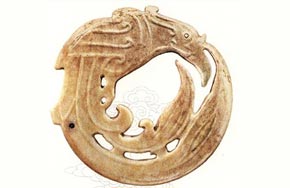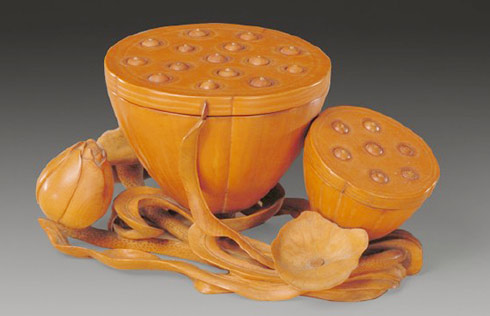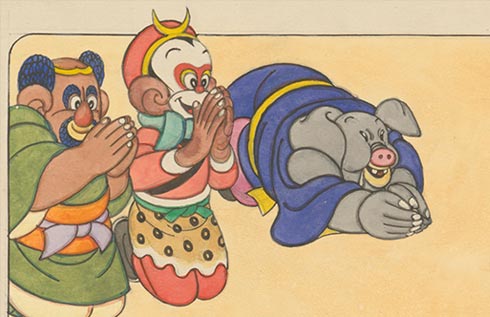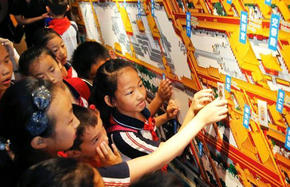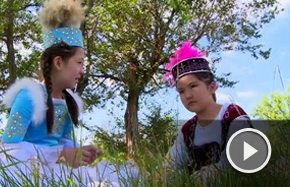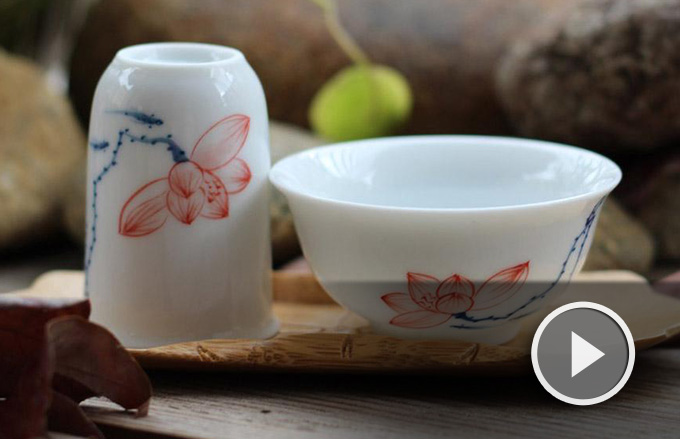Old customs need injection of new blood
The brothers still use wood to fire their kiln because they believe coal-firing will affect the glaze of the pottery.
"I don't know how long my family can keep the tradition going-neither my sons nor my brother's boys want to learn the craft because it is hard, dirty work. They want to go to university and become doctors. We are very worried," Aniwar said.
As a result, he decided to take apprentices from outside the family, including four Han Chinese students. "I will teach anyone who wants to learn to keep Uygur traditions alive," he said.
Tursunkhari Zunun is Aniwar's neighbor. As a pottery maker, he has the same concerns. "My three daughters are all married now and my son is a policeman, so it is impossible for them to carry on the family tradition," he said.
The 62-year-old craftsman has advertised for apprentices in local newspapers, and although he provides a modest salary, none of his trainees have stayed for long.
He also teaches students at vocational schools, but they prefer to learn how to make nan bread, a popular local delicacy.
"My pottery is primitive. It is made without the use of any modern technology," he said, stepping on a pedal that powers a belt-driven wooden wheel in his centuries-old workshop.
While he fears modern technology will make traditional pottery lose its earthy beauty, he understands that the craft desperately needs new blood and fresh ideas. "I can use the old methods to produce pottery with modern designs and make this ancient craft popular again," he said.
Although Tursunkhari's children will not inherit his skills, he has two young apprentices from South Korea. They have had studied in his workshop for two years. "I have given them Uygur names and they are my disciples," he said.
Xinhua contributed to this story.




